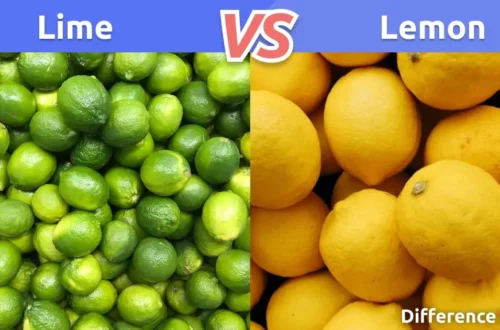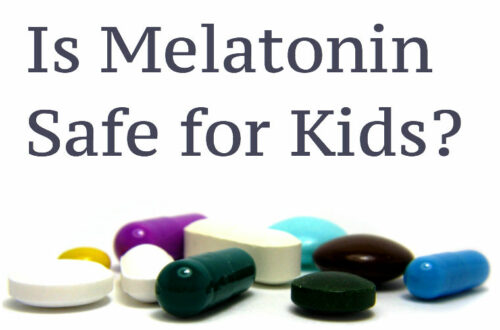Introduction
Pumpkin is a versatile and nutritious squash that is celebrated for its vibrant color, delicious flavor, and numerous health benefits. From its rich vitamin and mineral content to its potent antioxidants, pumpkin offers a wide range of advantages for overall well-being. In this comprehensive guide, we’ll explore nine impressive health benefits of pumpkin and how you can incorporate it into your diet for optimal health.
Rich in Nutrients
Pumpkin is packed with essential nutrients that are vital for overall health and well-being. It is particularly high in vitamins A and C, which are important for immune function, vision, and skin health. Additionally, pumpkin is a good source of potassium, fiber, and antioxidants like beta-carotene.
Supports Eye Health
The beta-carotene found in pumpkin is converted into vitamin A in the body, which is essential for maintaining healthy vision. Adequate intake of vitamin A helps protect the eyes from age-related macular degeneration and may reduce the risk of cataracts.
Boosts Immune Function
Pumpkin is rich in vitamin C, a powerful antioxidant that supports immune function and helps protect against infections and diseases. Consuming foods high in vitamin C, like pumpkin, can help strengthen the immune system and reduce the severity and duration of colds and flu.
Promotes Heart Health
The potassium content in pumpkin helps regulate blood pressure and maintain heart health. Potassium helps counteract the effects of sodium, which can contribute to high blood pressure and cardiovascular disease. Including potassium-rich foods like pumpkin in your diet can help support heart health.
Aids in Weight Loss
Pumpkin is low in calories and rich in fiber, making it an excellent choice for those looking to lose or maintain weight. The fiber in pumpkin helps promote feelings of fullness and satiety, reducing overall calorie intake and supporting weight loss efforts.
Supports Digestive Health
The fiber content in pumpkin promotes healthy digestion and regular bowel movements. Consuming foods high in fiber, like pumpkin, can help prevent constipation, improve gut health, and reduce the risk of digestive disorders like diverticulosis and colon cancer.
Regulates Blood Sugar Levels
The low glycemic index (GI) of pumpkin makes it a suitable food choice for individuals with diabetes or those looking to manage blood sugar levels. The fiber and nutrients in pumpkin help slow down the absorption of sugar into the bloodstream, preventing spikes in blood glucose levels.
Enhances Skin Health
The beta-carotene and vitamin C in pumpkin contribute to healthy, glowing skin. These antioxidants help protect the skin from damage caused by free radicals and UV radiation, reducing the signs of aging and promoting a youthful complexion.
Supports Bone Health
Pumpkin is a good source of vitamin K, which is essential for bone health and calcium metabolism. Adequate intake of vitamin K helps improve bone density, reduce the risk of fractures, and support overall skeletal health.
FAQs
Is it better to eat fresh pumpkin or canned pumpkin?
Both fresh and canned pumpkin offer health benefits, but fresh pumpkin may contain slightly higher levels of nutrients and antioxidants. However, canned pumpkin is convenient and readily available year-round, making it a convenient option for cooking and baking.
Can pumpkin seeds be eaten?
Yes, pumpkin seeds, also known as pepitas, are edible and highly nutritious. They are rich in protein, healthy fats, fiber, vitamins, and minerals. Pumpkin seeds can be eaten raw or roasted and are often added to salads, trail mix, and baked goods.
Are there any potential allergens in pumpkin?
While rare, some individuals may be allergic to pumpkin or other members of the gourd family, such as squash or zucchini. Symptoms of a pumpkin allergy may include itching, swelling, hives, or difficulty breathing. If you suspect a pumpkin allergy, seek medical advice.
How can I incorporate pumpkin into my diet?
Pumpkin can be incorporated into a variety of dishes, both sweet and savory. Try adding cooked pumpkin to soups, stews, curries, or chili for added flavor and nutrition. You can also use pumpkin puree in smoothies, pancakes, muffins, or oatmeal for a nutritious boost.
Is it safe to eat pumpkin raw?
While pumpkin is typically cooked before consumption, it is safe to eat raw in moderation. However, cooking pumpkin helps soften its texture, enhance its flavor, and make it easier to digest. Raw pumpkin can be grated or sliced thinly and added to salads or slaws for a crunchy texture.
Can pumpkin help with hair growth?
While pumpkin is not a miracle cure for hair loss, its rich nutrient content, including vitamins A and C, may contribute to healthy hair growth. These vitamins help support scalp health, stimulate hair follicles, and promote stronger, shinier hair.
Conclusion
Pumpkin is a nutrient-dense superfood that offers a wide range of health benefits, from supporting immune function to promoting heart and digestive health. Incorporating pumpkin into your diet can be a delicious and nutritious way to boost your intake of essential vitamins, minerals, and antioxidants. Whether enjoyed in savory dishes or sweet treats, pumpkin is a versatile ingredient that can enhance the flavor and nutrition of any meal.





